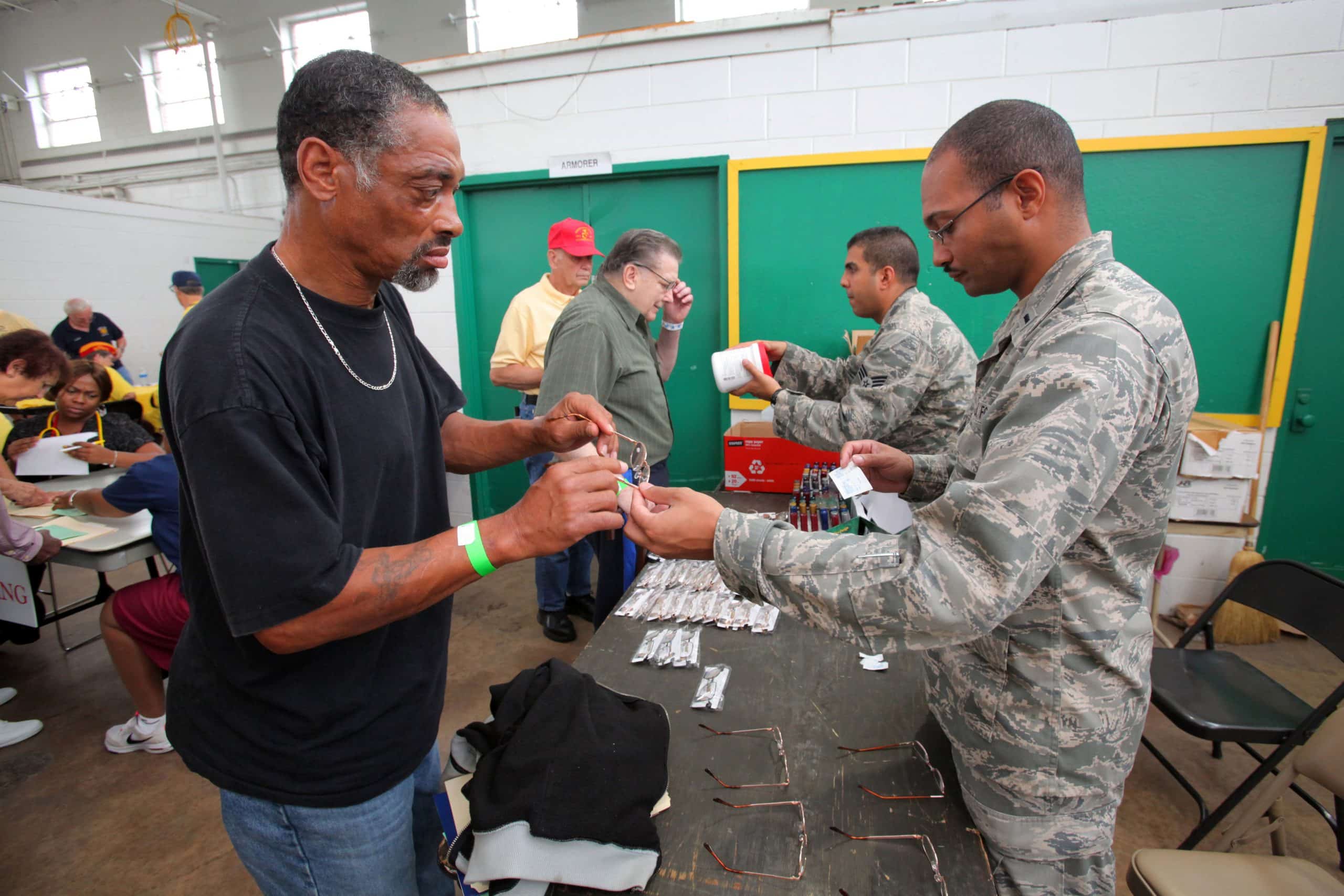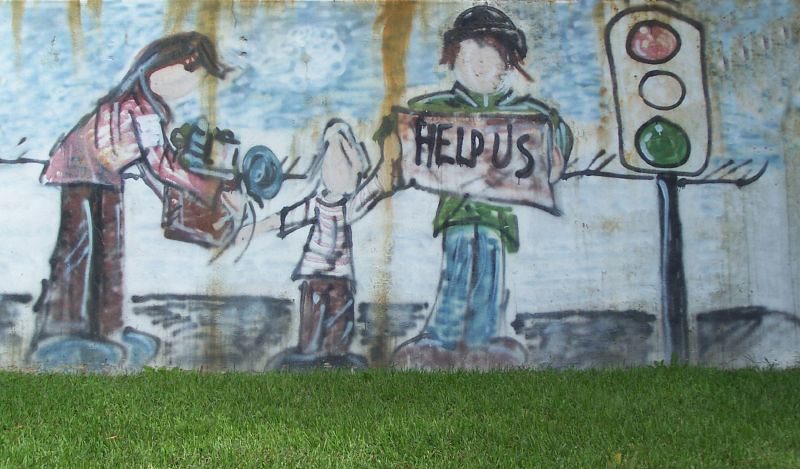
Based in New Jersey, Family Promise approaches homelessness in a number of ways. Local affiliates use congregations to provide immediate shelter and other services for families. Local groups also provide financial education and participate in public policy work, focusing on key issues such as funding the National Housing Trust Fund, and expanding the definition of homelessness.
The program that piqued my interest at the conference, and indeed may be among the most innovative in this space, was the Partners in Housing initiative. Launched about six years ago by Family Promise of Grand Rapids, Michigan, the program identifies vacant manufactured homes in land-lease communities in the region. Staff in Grand Rapids do their due diligence to determine if the home can be repaired or improved in a cost-effective way, and if the manufactured home community is suitable for client families. Declining parks, or those with high incidence of crime are excluded. Family Promise negotiates a price with the community owner (or the homeowner) and post-purchase, organizes local volunteers to paint, make minor repairs, landscape, and otherwise make the home move-in ready for a new family.
The total cost per unit is less than $8,000, all of which is raised locally. The cost to the family, from the beginning, is marginal. They pay only the lot rent (about $450 per month) and utilities. They pay no rent or other expenses for the actual home. For comparison, the Fair Market Rent for a three-bedroom home in the region is $1,091, which requires an hourly wage of about $19—or more than $39,000 annually—to afford it, an amount that is out of reach for most homeless and near-homeless families. Eventually, in as few as nine months, Family Promise transfers the title of the home to the family at no cost. In other words, families can go from homelessness to homeownership in less than a year.
So how does this benefit the family? How does it prepare them financially for their future?
Like I’M HOME, Partners in Housing recognizes the intrinsic value of manufactured and mobile homes, and so the initial cost, offset by volunteer hours, is low. Most importantly, the program requires investment from the families.
A family's sweat equity comes in the form of participation in financial capability education programs. Families participate in financial education and are connected with social services. Family Promise provides wraparound services to target key goals, including employment (along with daycare), education (for both parents and children), transportation, health, budgeting assistance, and more. These programs aim to ready a family for homeownership, which has already become a reality for 67 families in the area. While most of the families are still living in the manufactured homes, 15 or so have moved to other housing options, including other forms of homeownership.
Family Promise of Grand Rapids has purchased homes in 14 manufactured housing communities. There is a real benefit to the community owner, as well, as the purchases fill vacancies, improve cash flow, and provide a better-looking property. The community owner also has access to local nonprofit support if a family misses a payment or faces other challenges in their transition.
Just as important, however, is that Family Promise’s involvement mitigates potential problems that the families may face with a community owner. Too often, owners of manufactured homes and other community residents feel isolated from community amenities and services. Having outside support can be a huge help.
Cheryl Schuch, the executive director of Family Promise of Grand Rapids, said the program reaches beyond the 67 families already housed. “This program not only ends homelessness for our families but it actually helps them move out of poverty. This changes the future for the children and affords them a real chance at a healthy future, which in turn changes the future for our entire community.”
The conference session I participated drew in about 25 people, suggesting a strong interest in a new project. Family Promise affiliates in Florida and Minnesota have started to use manufactured and mobile homes to meet their local housing needs. CFED is exploring how we can help Family Promise expand this program, making it sustainable, adaptable to local needs and conditions, and better able to serve a broader audience.
There is a lot of potential and enthusiasm, on top of too much need for the program. Innovative models like these need more attention. Too often, critics of affordable housing dismiss the role of manufactured homes, the potential of homeless families, and the value of rapid rehousing and similar programs. The Partners in Housing program has the potential to change the conversation, along with changing the lives of the families they serve.
(Photo credit: Thomas Runley, via flickr, CC BY 2.0)






Are you in Oklahoma? I have a daughter and grandson who have been bouncing from place to place for years. She jut got a job and I hope she can keep it